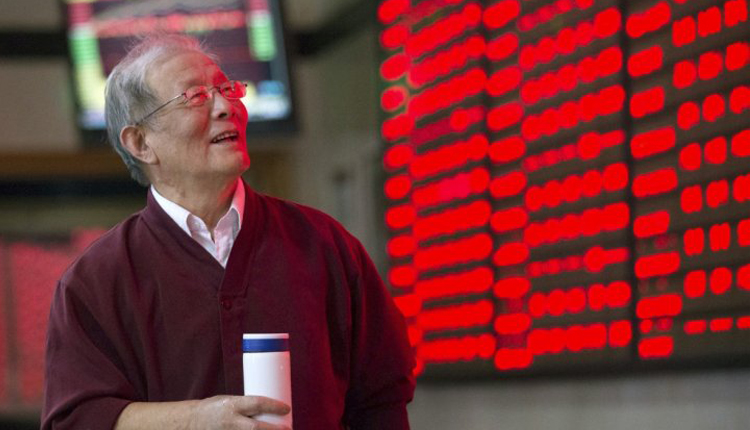Asian markets were mixed in Wednesday afternoon trade as investors await the U.S. Federal Reserve’s interest rate decision, set to be released later stateside.
In mainland China, shares were up by the afternoon, as the Shanghai composite gained 0.39 percent and the Shenzhen component was 0.14 percent higher. The Shenzhen composite also rose 0.114 percent.
Hong Kong’s Hang Seng index was largely flat.
Anheuser-Busch InBev began taking orders in its second attempt to spin off its Asian business in Hong Kong on Wednesday, aiming to raise up to $6.6 billion in its Budweiser listing — what could be the world’s second largest IPO this year.
Budweiser APAC is set to price the IPO September 23, and the stock will debut on Sept. 30, the company said in a statement.
The brewing giant said on Tuesday it would offer 1.3 billion shares at between HK$27 and HK$30 ($3.45 to $3.83) apiece.
Elsewhere, the Nikkei 225 in Japan traded 0.1 percent lower while the Topix fell 0.55 percent. Data showed Wednesday that Japan’s exports fell 8.2 percent year-on-year in August, less than expectations of a 10.9 percent decrease by economists in a Reuters poll.
South Korea’s Kospi gained 0.47 percent. Over in Australia, the S&P/ASX 200 traded 0.25 percent lower. Australian-listed shares of adventure goods retailer Kathmandu jumped more than 4 percent after the company reported a more than 13 percent year-on-year jump in its net profit after tax.
Overall, the MSCI Asia ex-Japan index was up 0.15 percent.
Fed decision awaited
Investors await the Fed’s latest decision on monetary policy, set to be released on Wednesday stateside. The U.S. central bank is widely expected to cut rates by 25 basis points. That would be its second rate cut of 2019.
Fed Chair Jerome Powell will likely say that the cut in interest rates is a “mid-cycle correction” and not the “first of a series of cuts,” Hugh Johnson, chairman and chief investment officer at Hugh Johnson Advisors, told CNBC’s “Street Signs” on Wednesday.
“What’s important is that the markets are now pricing in not three cuts as they once were, that was three weeks ago. Now they’re pricing in that there’ll probably be this cut and maybe one more, and it might be December, it might be March of 2020,” he said.
Oil watch
Stocks of oil companies in the region mostly slipped in Wednesday trade, following a sharp drop in crude prices overnight after Saudi Arabia signaled its oil supply could return to normal soon. That came after a historic rise in oil prices following a series of drone attacks over the weekend on the kingdom’s oil industry that disrupted its crude production.
In Australia, Santos slipped 1.4 percent and Woodside Petroleum declined 2.82 percent while Beach Energy jumped 3.37 percent. Japan’s Inpex plunged 5.13 percent and South Korea’s S-Oil shed 1.19 percent. Hong Kong-listed shares of Petrochina and CNOOC also dropped 2.09 percent and 1.71 percent respectively.
In the afternoon of Asian trading hours, oil prices continued to slip. International benchmark Brent crude futures were down 0.19 percent to $64.43 per barrel, while U.S. crude futures fell 0.56 percent to $59.01 per barrel.
The moves regionally came after Saudi energy minister Prince Abdulaziz bin Salman said in a press conference Tuesday that oil production capabilities were fully restored and that oil output will be back to pre-attack levels by the end of September.
Currencies
The U.S. dollar index, which tracks the greenback against a basket of its peers, was last at 98.287 after declining from levels above 98.4 yesterday.
The Japanese yen traded at 108.19 against the dollar after weakening from levels below 108.0 seen earlier in the trading week. The Australian dollar changed hands at $0.6846 after touching an earlier high of $0.6869.
Source: CNBC
